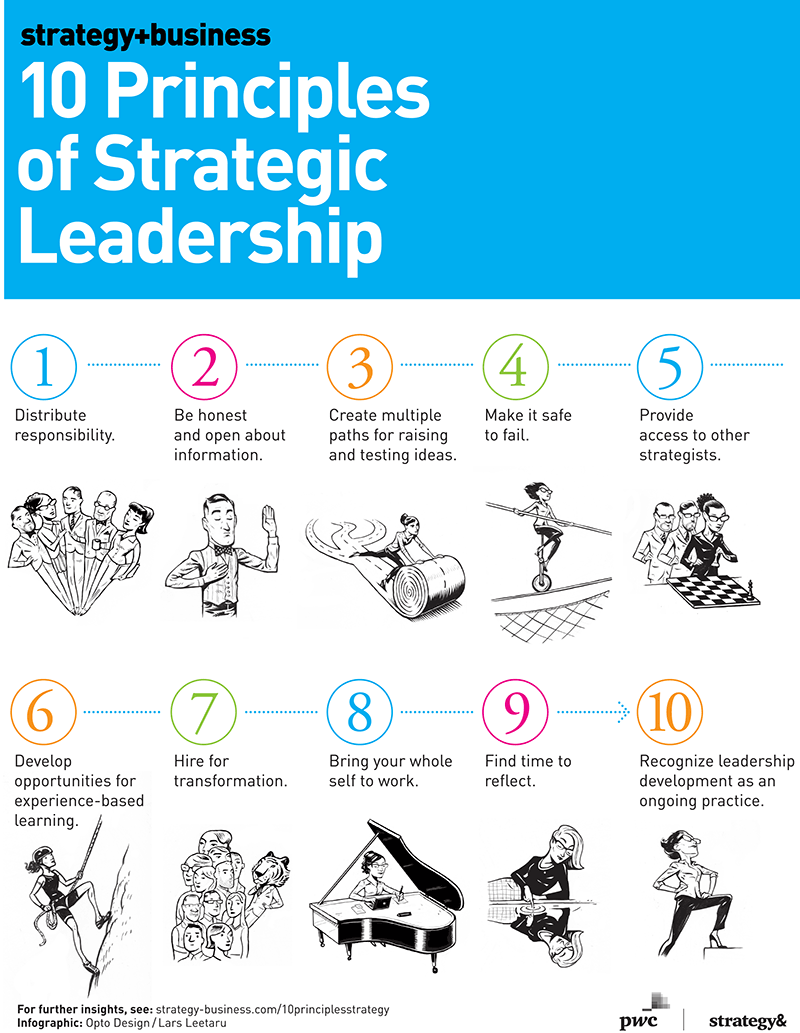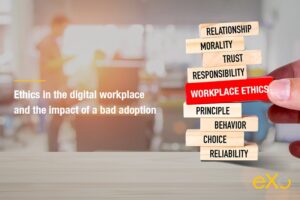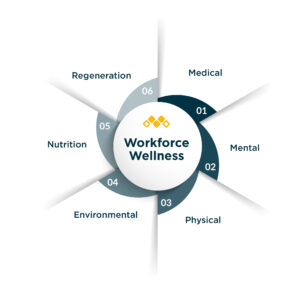Crisis Leadership: Lessons from ‘A House of Dynamite’
8 min read
The nail-biting, open-ended climax of Noah Oppenheim’s recent political thriller, ‘A House of Dynamite,’ has left audiences on the edge of their seats, not just with questions about a potential sequel, but also with profound insights into the nature of high-stakes decision-making. Released to critical acclaim for its taut plot and stellar performances, the film offers a chillingly realistic portrayal of crisis leadership under unimaginable pressure. For businesses navigating volatile global landscapes and international students making life-altering choices, the fictional dilemmas faced by the President and his team provide a stark, yet invaluable, blueprint for strategic thinking in their own high-stakes environments.
Background: The High-Stakes Theater of Decision
Kathryn Bigelow’s ‘A House of Dynamite’ plunges viewers into a terrifying scenario: a nuclear missile launched towards Chicago, with mere minutes ticking down to devastation. The narrative immediately establishes a world where every second counts, and every decision carries permanent, catastrophic consequences. Captain Olivia Walker in the White House Situation Room, Major Daniel Gonzalez at a missile defense base, and ultimately, the President of the United States, are all thrust into roles demanding immediate, flawless judgment.
The film expertly depicts the overwhelming complexity of modern crisis leadership. Information is scarce, contradictory, and often carries only a 50 percent chance of being right. Expert advisors, like General Anthony Brady advocating for immediate retaliation and Jake Baerington urging for a strategic pause to gather more proof, present equally drastic yet compelling options. This core conflict—the agonizing choice between swift, decisive action and a potentially fatal delay—forms the heart of the narrative. Adding a poignant layer of personal stakes, Secretary of Defense Reid Baker grapples with the knowledge that his daughter is in the targeted city. The movie’s deliberate cliffhanger ending, as explained by writer Noah Oppenheim, was designed to keep the audience “on the hook,” underscoring that in real-world crises, neat resolutions are rare, and the implications of decisions often stretch far beyond the immediate moment.
This fictional crisis mirrors the real-world high-stakes environments that businesses and international students frequently encounter, albeit on different scales. Whether it’s navigating sudden geopolitical shifts, adapting to unforeseen market downturns, or facing unexpected hurdles in immigration processes, the ability to demonstrate astute crisis leadership political thriller-style resilience and strategic foresight is paramount for successful outcomes.
Dissecting ‘Dynamite’: Key Principles of Crisis Leadership
‘A House of Dynamite’ provides a masterclass in several critical aspects of crisis leadership, each transferable to real-world strategic environments:
-
Navigating Conflicting Counsel and Information Paralysis: The President is presented with two diametrically opposed options, each championed by a powerful advisor. General Brady argues for immediate, overwhelming retaliation, a common instinct when facing an attack. Conversely, Jake Baerington presses for a delay, seeking definitive proof before escalating an already dire situation. This dilemma highlights a core challenge in crisis leadership: filtering noise from vital data, evaluating expert opinions that conflict, and resisting the urge to either panic-react or become paralyzed by indecision. Businesses often face similar pressures when considering market entry in unstable regions or responding to negative publicity; diverse and often conflicting advice from legal, marketing, and operational teams requires a leader to synthesize, prioritize, and decide.
-
The Weight of Irreversible Consequences: The President’s choice isn’t just about saving Chicago; it’s about preventing a potential global nuclear war. The film emphasizes that his decision will have permanent consequences, not just for the city but for the entire world. In the corporate realm, decisions about major investments, mergers, or global expansion can similarly have long-lasting, irreversible impacts on a company’s trajectory, its employees, and its stakeholders. For international students, choosing a study program, university, or country, and especially navigating visa applications, are decisions with profound, life-altering implications for their future careers and personal lives.
-
Emotional Resilience Under Pressure: Secretary Reid Baker’s agonizing personal connection to the crisis, with his daughter in Chicago, underscores the human element in high-stakes environments. While leaders are expected to remain composed, acknowledging and managing personal stress and emotional responses is crucial. True crisis leadership political thriller situations test not just intellect but emotional fortitude. Leaders must maintain clarity of thought even when personal stakes are high, ensuring that emotions do not cloud judgment, while also being empathetic to the anxieties of their teams and constituents.
-
Rapid Assessment and Adaptability: Captain Olivia Walker’s role in the White House Situation Room exemplifies the need for rapid, accurate information processing. When Major Gonzalez’s initial attempt to shoot down the missile fails, the crisis immediately shifts, demanding a new tactical approach. This rapid assessment and adaptability are vital. Businesses must swiftly pivot strategies in response to market disruptions, technological shifts, or unforeseen regulatory changes. International students, too, must be adaptable, prepared to navigate unexpected delays, changes in visa policies, or evolving academic requirements, often requiring them to quickly recalibrate their plans.
-
Strategic Indecision vs. Deliberate Pause: Oppenheim’s choice for an open ending is not merely a plot device; it can be interpreted as a reflection of strategic indecision, or rather, a deliberate pause. Sometimes, the most strategic action in a crisis is to gather more information, to buy time, even when immense pressure dictates an immediate response. This highlights that a leader’s role isn’t always about making a quick choice, but sometimes about strategically delaying until the optimal moment or until sufficient clarity emerges, even if that clarity never fully materializes. This nuanced approach to crisis leadership political thriller scenarios offers a powerful lesson in patience and calculated risk.
Translating Thriller Tactics to Real-World Strategy for Businesses and Students
The lessons from ‘A House of Dynamite’ resonate deeply across various high-stakes domains, from corporate boardrooms to individual career planning for international students:
For Businesses: Navigating Global Volatility
Modern businesses operate in an increasingly interconnected and unpredictable world. Geopolitical tensions, economic downturns, and rapid technological advancements present their own forms of “missiles” that demand strategic decision-making. Businesses must employ the principles of crisis leadership political thriller scenarios to:
- Develop Robust Scenario Planning: Just as the President considers retaliatory strikes versus waiting for proof, companies need comprehensive contingency plans for supply chain disruptions, cybersecurity breaches, or sudden shifts in market demand. This involves identifying potential threats, assessing their likelihood and impact, and pre-determining response protocols.
- Master Information Interpretation: The deluge of data available today can be overwhelming. Leaders must discern reliable intelligence from speculation, much like Captain Walker analyzing incoming threat data. Investing in strong data analytics and expert advisory networks becomes crucial.
- Foster Organizational Agility: The failure of Major Gonzalez’s missile defense highlights the need for adaptable systems. Businesses must build agile operational frameworks that allow for rapid course correction and innovation in the face of unexpected challenges, whether it’s a new competitor or a global pandemic.
- Prioritize Talent Mobility and Compliance: For companies relying on international talent, understanding and adapting to evolving immigration policies is a continuous, high-stakes challenge. Proactive consultation with visa experts, scenario planning for visa rejections, and transparent communication with employees are crucial for maintaining operational continuity and talent retention.
For International Students: Charting a Course Through Uncertainty
For international students, the journey to studying abroad is a series of high-stakes decisions, each with significant personal and financial implications. The principles of crisis leadership political thriller can be directly applied:
- Strategic Visa Application Navigation: The visa process itself is a high-stakes environment. Unexpected policy changes, stringent interview questions, or sudden document requirements can feel like the “missile launch” moment. Students must not only prepare meticulously but also understand that there are often multiple pathways and contingency plans. Relying on verified information and expert guidance is paramount to avoid critical errors.
- Adapting to Program and Career Pivots: A chosen academic program or post-study career path might face unforeseen challenges—be it changes in local job markets, new immigration rules affecting post-study work permits, or even personal circumstances. The ability to reassess, gather new information, and pivot effectively is a hallmark of strong personal crisis leadership.
- Emotional Preparedness and Resilience: Moving to a new country, navigating a different culture, and dealing with academic pressures while far from home can be emotionally taxing. Like Secretary Baker facing a personal crisis within a national one, students must build emotional resilience, seek support networks, and manage stress effectively to maintain focus on their long-term goals.
- Diligent Information Verification: In a world saturated with information, discerning credible advice on immigration laws, university requirements, or scholarship opportunities is crucial. Students should always seek proof and cross-reference information from official sources and trusted advisors, much like President Baerington’s advisor Jake advocating for waiting for definitive proof.
Expert Insights: Building Your Crisis Readiness Blueprint
At
To cultivate robust crisis leadership in your own journey, we recommend:
- Proactive Planning and Contingency Development: Don’t wait for a crisis to hit. For students, this means having backup university options, understanding alternative visa categories, and preparing for potential interview hurdles. For businesses, it involves comprehensive risk assessments, legal compliance reviews, and strategic workforce planning that accounts for global talent mobility challenges.
- Diversify and Verify Information Sources: Never rely on a single piece of advice, especially from unofficial channels. Always seek out multiple, credible sources—official government websites, university admissions offices, and reputable legal or visa consultation firms. This mirrors the President’s need to weigh different expert opinions.
- Seek Expert Counsel During High-Stakes Moments: When facing critical decisions, the value of specialized knowledge is immense. Just as the President relies on his advisors, businesses and students should engage with immigration consultants, legal experts, and academic advisors. These professionals can help clarify complex regulations, identify potential pitfalls, and provide tailored strategies, much like a seasoned strategist in a political thriller scenario.
- Cultivate Emotional Intelligence and Resilience: Recognize the signs of stress and learn coping mechanisms. Building a personal support network, practicing mindfulness, and taking deliberate breaks can help maintain a clear mind for crucial decision-making. A calm demeanor in a storm is a powerful leadership trait.
- Embrace Adaptability as a Core Competency: The world is constantly changing. Be prepared to pivot, adjust, and learn from unexpected events. Rigidity can be a fatal flaw in high-stakes environments.
The Unfolding Narrative: Preparing for What’s Next
Just as Noah Oppenheim deliberately left the ending of ‘A House of Dynamite’ open, implying that even a resolved crisis leaves lingering questions and future challenges, real-world high-stakes environments demand continuous preparedness. There’s rarely a definitive “the end” in the complex landscapes of global business or international education. Instead, it’s an ongoing narrative of adaptation, learning, and proactive strategy.
The lessons from this compelling crisis leadership political thriller underscore that while we may not face nuclear missiles, the principles of clear-headed analysis, informed decision-making under pressure, and robust planning are universal tools for success. Embracing these lessons means not just reacting to crises, but actively shaping favorable outcomes in an uncertain world.
Reach out to us for personalized consultation based on your specific requirements.



